
Multi-Agent Systems as the New Frontier in Blockchain Innovation
2024-04-16
TL;DR
Multi-agent systems facilitate complex intent handling involving multiple services. These systems handle challenges like diverse operational costs across agents and unify agents from various platforms into a cohesive network.
The AI Agent Contract aids by offering customizable API and smart contract templates, decentralized ownership, and flexible tokenomics to ensure sustainable operations acting as an inference layer of multi agents. "Agent Wars" showcases this by demonstrating AI and DeFi interactions through a "Key/Keys" system, allowing users to access and monetize based on agent popularity. This game highlights the practical benefits of tokenized agent systems in the blockchain space.
Why multi-agent?
Consider a scenario where a user initiates an NFT transaction using a prompt. The simplified steps for the NFT bid transaction would look like this:
- The user enters the relevant bid prompt in the interface.
- This prompt initiates a call to the AI Agent Contract, engaging three agents to execute the request:
- On-chain data to decide how to make the purchase
- Token swap necessary for the NFT purchase
- Token bridging during the purchase process
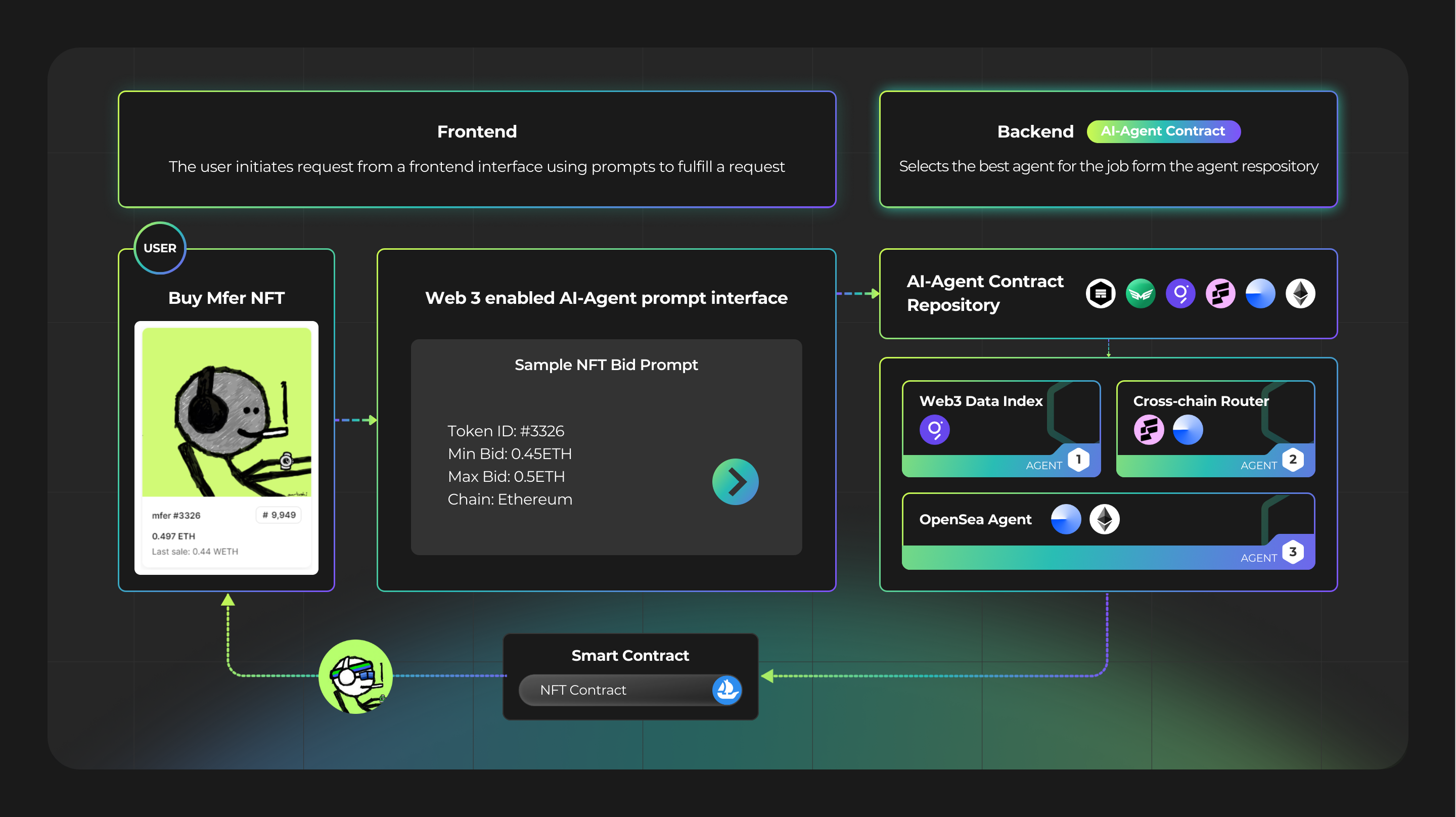
Consider the multi-agent architecture in AI Agent Contract similar to how AutoGPT functions in the Web2 space. The real value is in how 'Agentizing' can provide maximum benefit to both users and developers by selecting the most suitable agents to accomplish the task.
Key Challenges
An in-depth examination of the three critical challenges that commonly arise within the context of multi-agent systems:
- Navigating Financial Nuances: In the domain of multi-agent integration, each agent brings its own set of integrations to the table, leading to varied operational costs. For instance:
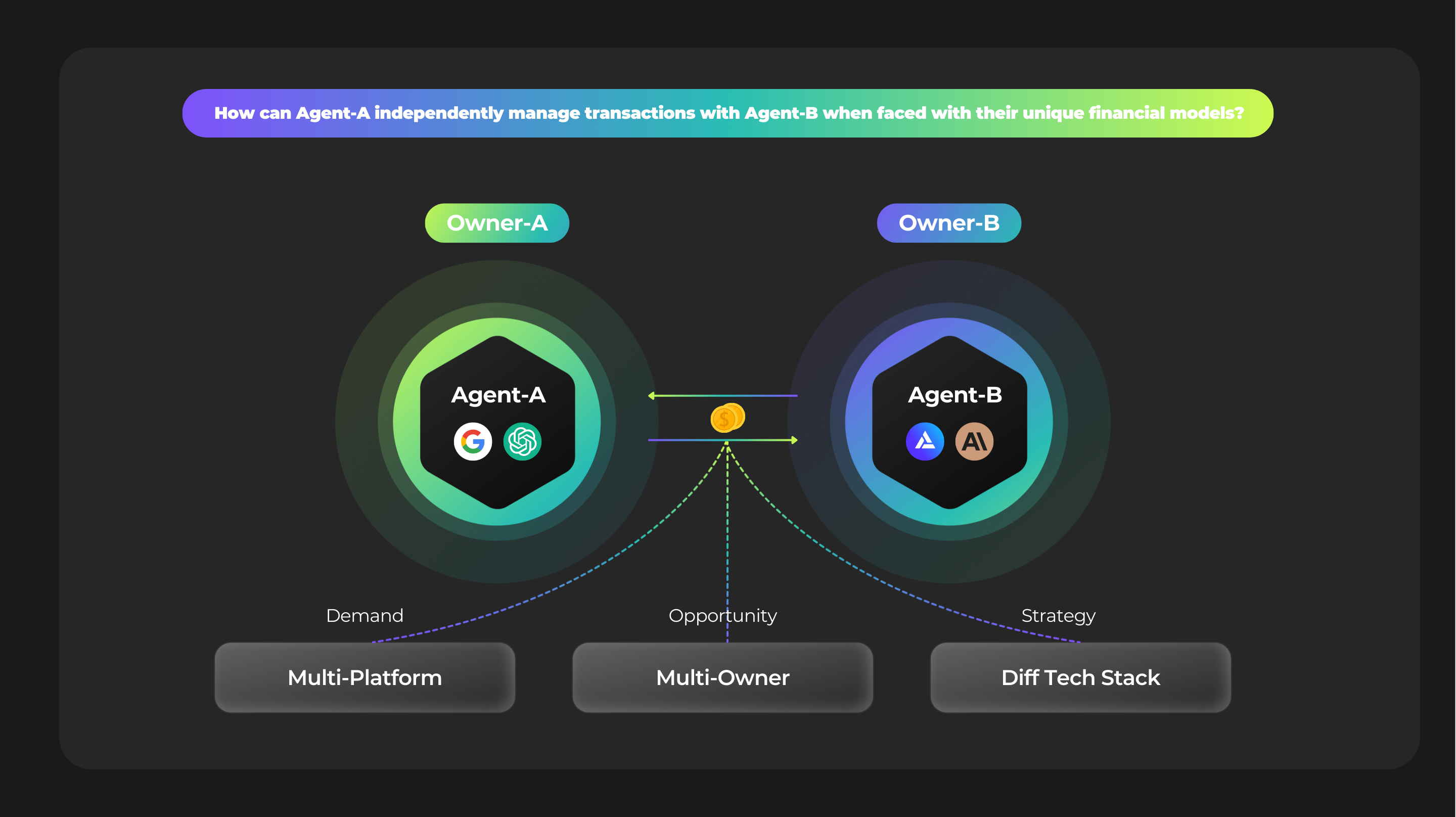
- Agent-A operates using Google API and GPT4.
- Agent-B relies on Alchemy API paired with Claude.
- Creating a Cohesive Network from Diverse AI Platforms: The digital landscape is populated with off-chain agents scattered across several platforms, including Olas, Polywrap, and Fetch AI. The critical task is developing a strategy to amalgamate these agents into a cohesive, publicly accessible network, thereby enhancing their ability to work together and exchange information.
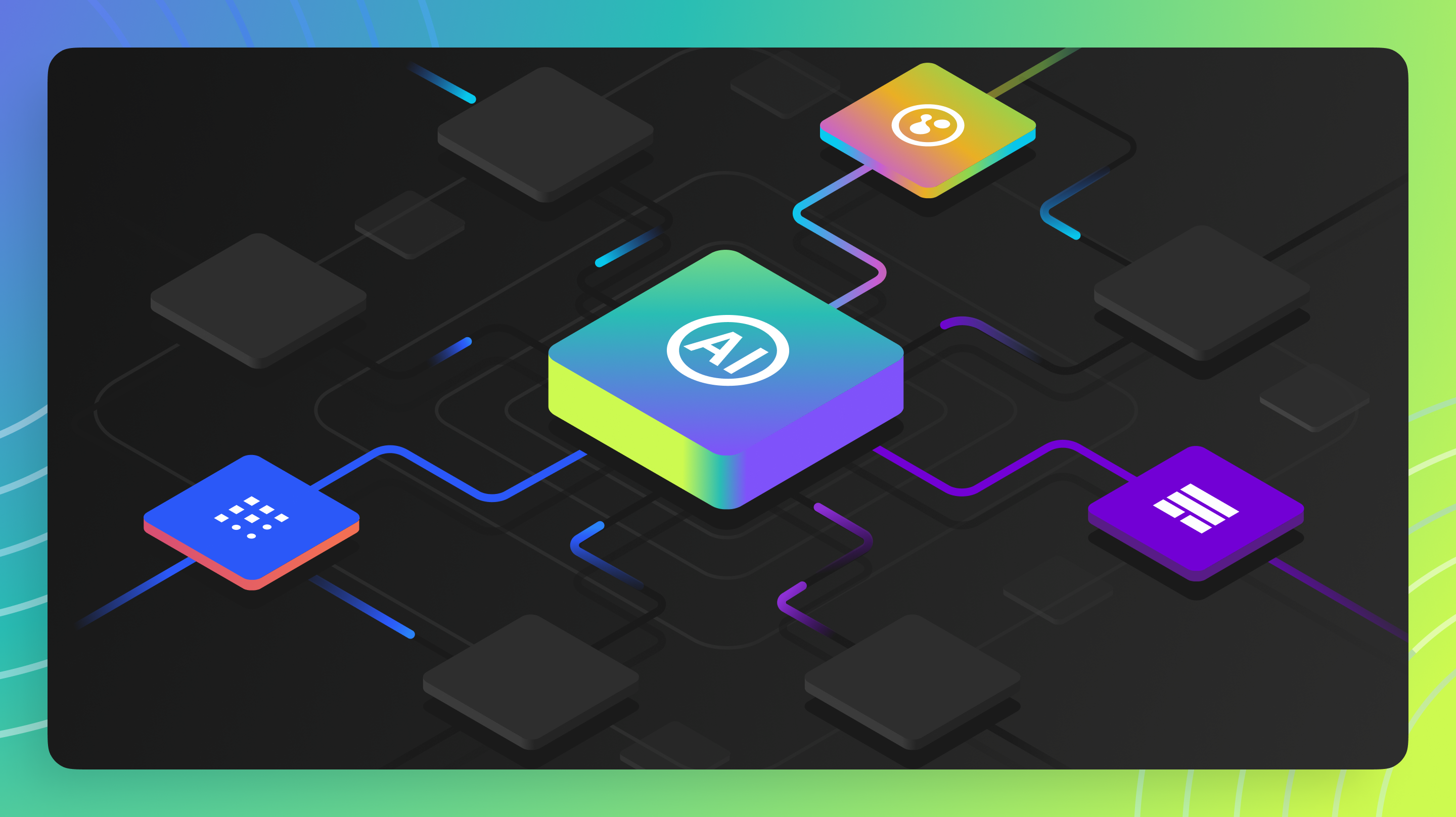
- Empowering Creators and Promoting Community Growth: A paramount objective is to guarantee that innovators are duly rewarded for their contributions. It is equally important to transition ownership and control to the broader AI community, encouraging an environment where collaboration and shared development flourish.
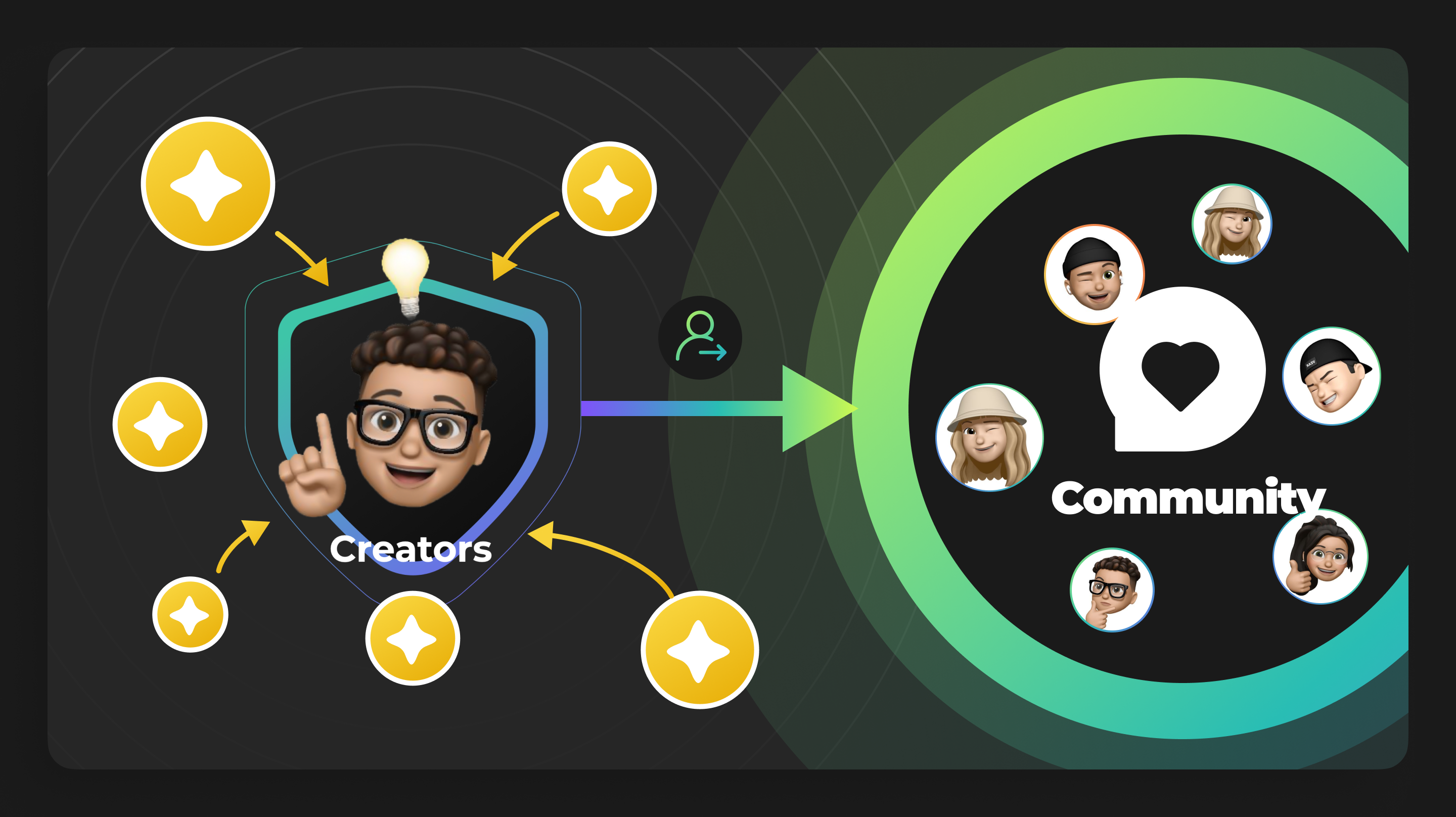
AI Agent Contract a Foundation of Multi-Agent World
The development of AI Agent Contract is motivated by several objectives aimed at overcoming current limitations mentioned in the previous section within the blockchain ecosystem:
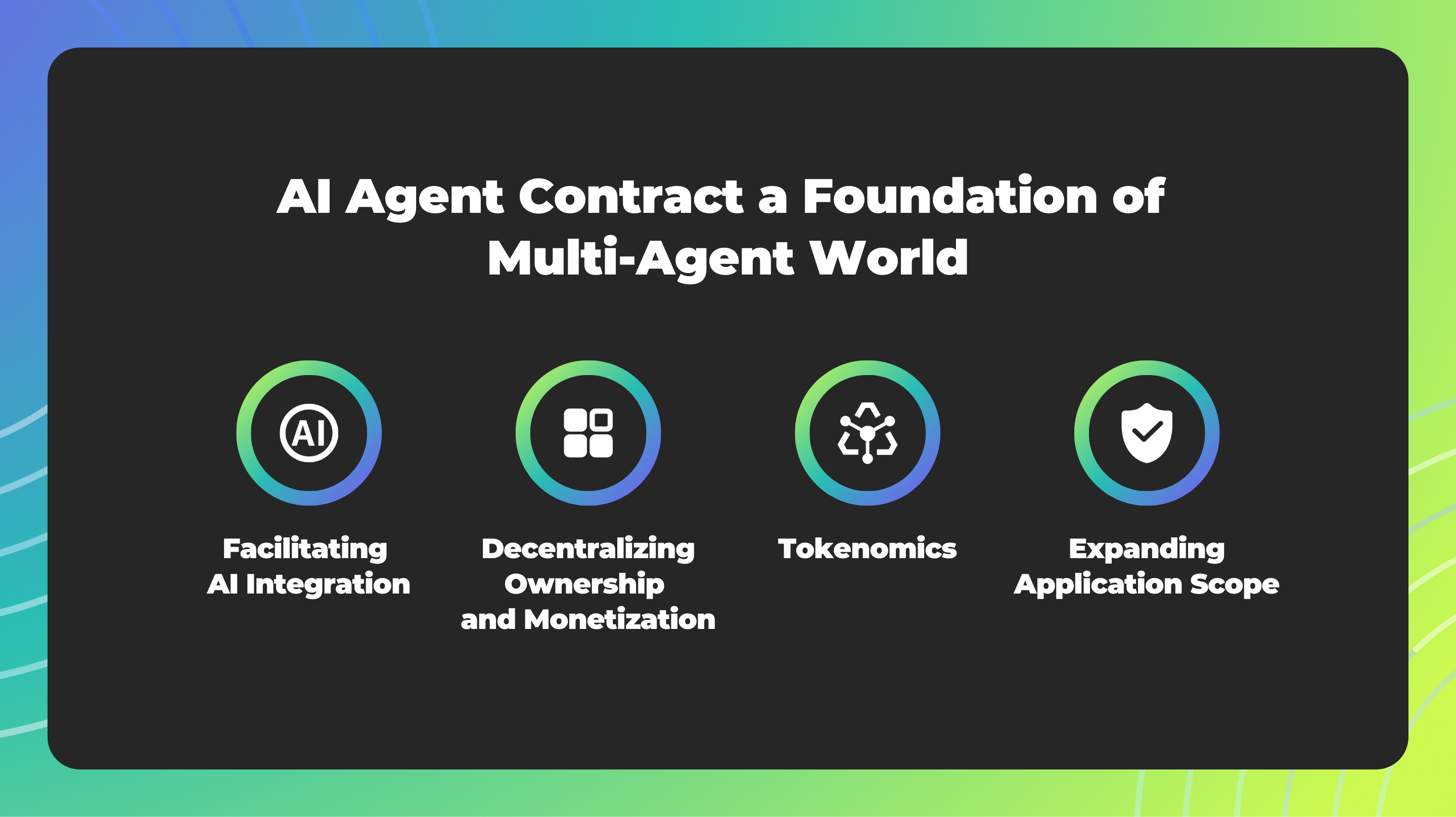
- Facilitating AI Integration: It aims to enable the seamless integration of AI technologies with blockchain applications with API and Smart Contract templates to blockchain services, leading to the development of more intelligent, data-driven functionalities.
- Decentralizing Ownership and Monetization: It empowers developers and AI practitioners with the tools to own and monetize their AI agents, promoting a decentralized ecosystem filled with AI innovations.
- Tokenomics: This is vital for Web3 and AI adoption in the multi-agent world. The AI Agent Contract provides programmable tokenomics, offering flexibility for agent builders. Autonomous agents need to cover execution costs and avoid losses, which is achievable through customizable tokenomics. Good tokenomics boost early adoption and promote high-quality applications.
- Expanding Application Scope: It seeks to broaden the range of blockchain applications by incorporating AI-driven services, which include data analysis, decision-making processes, and autonomous agents that interact within and across blockchain networks.
Agent Wars As A Proof-of-Concept for multi-agent interaction
Agent War uses smart contracts to help AI agent creators monetize their work, showcasing interactions between AI Agents and DeFi. Central to this game is the AI Agent Contract, which links off-chain AI capabilities with on-chain smart contracts, simplifying how creators integrate AI with blockchain technologies.
A standout feature in "Agent Wars" is the "Key/Keys" system, where owning a Key allows user interactions with agents. This system connects user interactions directly to financial outcomes, as Keys act as access points to agents. The value of these Keys increases with the agent’s popularity and user engagement, reflecting market-like dynamics and enabling users to profit from their digital interactions.
Be on the lookout as we will be releasing more information about the highly anticipated Agent Wars game this week. This innovative game showcases the practical benefits of tokenized agent systems in the blockchain space, and we are excited to share more about it with you.
If you are keen to be among the first to experience the game, we encourage you to sign up for an Agent Wars invite code. To do this, simply visit the following website: https://phala.network/ai and click “Join the Agent Wars Waitlist”.
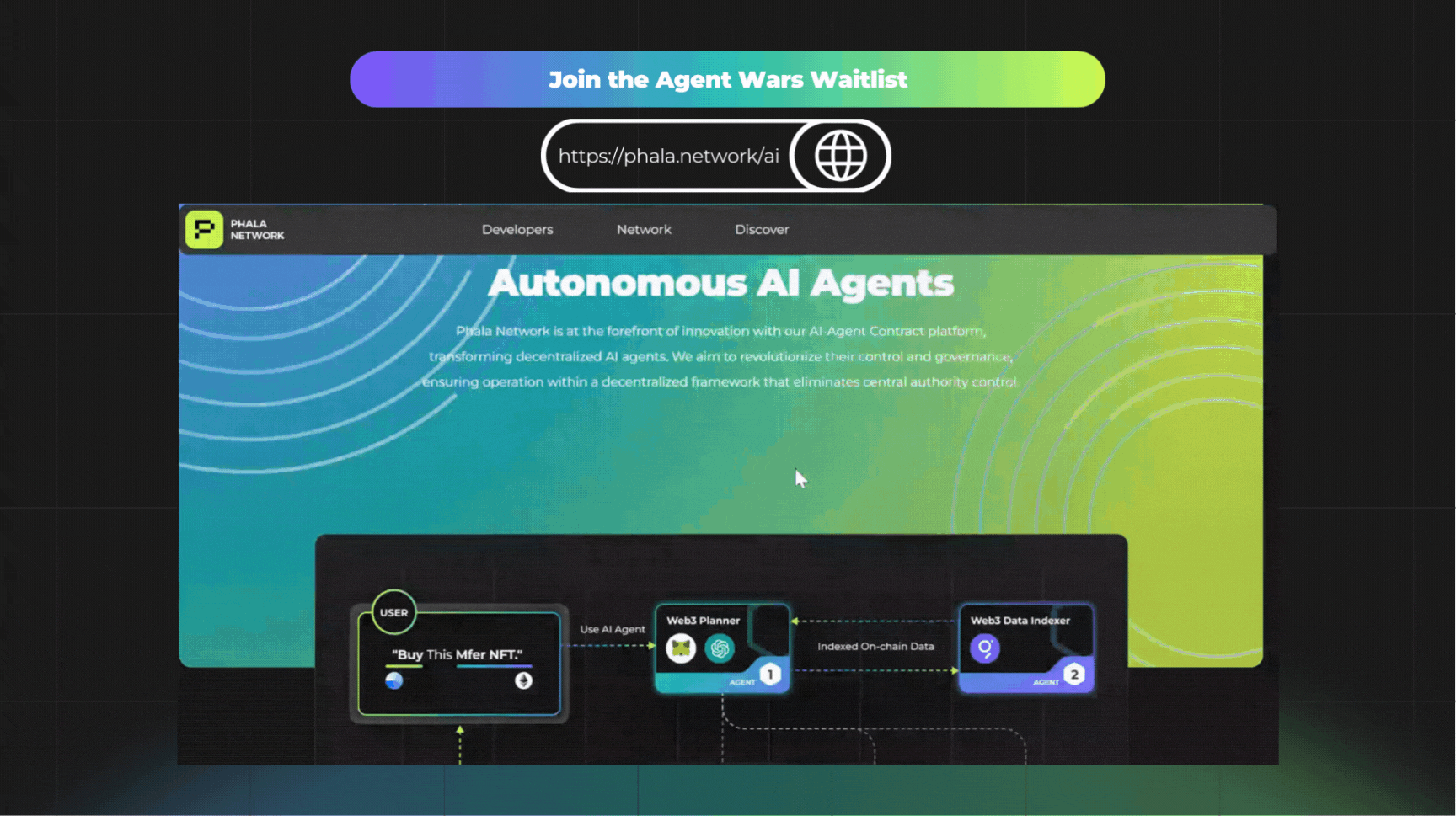
Registering early will ensure you receive timely updates and exclusive access.
Conclusion
The exploration of multi-agent systems and AI Agent Contracts reveals their potential to revolutionize blockchain transactions. These systems optimize the selection of contracts for user interactions, offering autonomy and flexibility. By addressing challenges like integrating diverse operational costs and unifying agents from different platforms, we foster a supportive environment for creators and the broader AI community.
"Agent Wars" exemplifies this potential, demonstrating how these technologies can transform user engagement and financial outcomes in digital spaces. As these systems evolve, they promise to enhance connectivity and intelligence across the digital world, marking a significant advancement in both technology and user empowerment.
